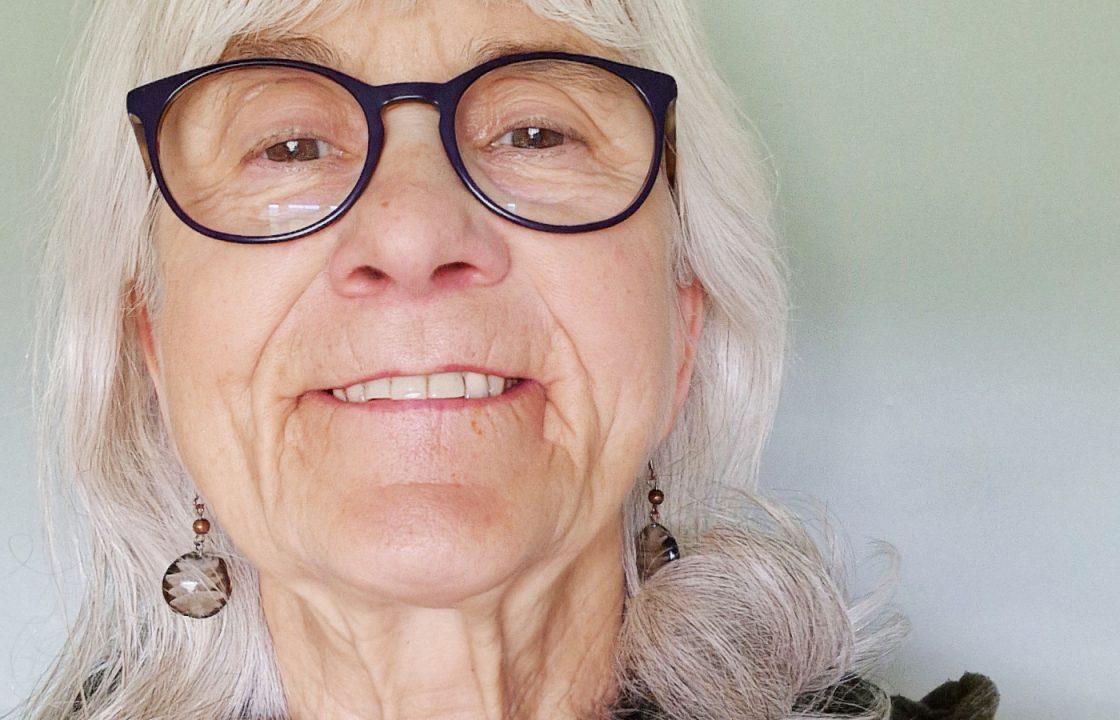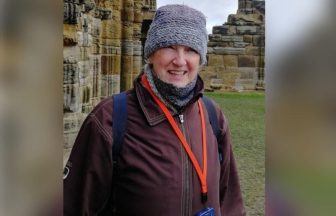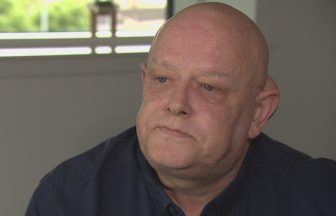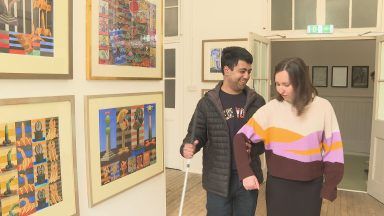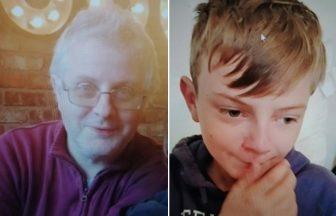Imagine not realising your arms are burning until you can smell singed flesh – and that your injuries seem to heal very quickly.
That’s life for Jo Cameron who is one of only two people in world with a genetic mutation that means she doesn’t feel pain.
The 75-year-old from the Highlands made headlines in 2019 when scientists announced that mutations in the previously unknown FAAH-OUT gene made her feel no pain, stress or fear.
She only found out ten years ago after being diagnosed with severe joint degeneration in her hip, despite experiencing no pain.
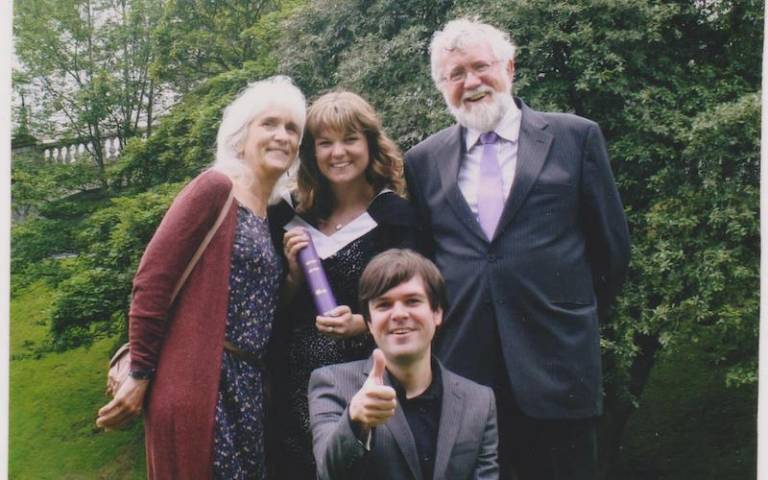 Supplied
SuppliedA year later, she then underwent surgery on her hand at Raigmore Hospital in Inverness and reported no pain afterwards, although the treatment is normally very painful.
She also recovered rapidly.
“Although people were saying ‘do you need painkillers?’ and I said ‘no’, the look from the nurses was ‘you should need painkillers’,” Ms Cameron told STV News in 2019.
“The anaesthetist said ‘this is an extremely painful operation, you’re bound to need painkillers’ – and I didn’t.
“My father was the same, he was a jolly man who never seemed to get stressed about anything.
“He just bounced back. I just thought I was like him – I’d got a kind of role model in my mind so I never felt different.”
Experts from University College London (UCL) have found how mutations in the FAAH-OUT gene work at the molecular level.
The researchers said the findings, published in the journal Brain, open up doors for new drugs research in relation to pain management and wound healing.
Professor James Cox, of UCL Medicine, a senior author of the study, said: “By understanding precisely what is happening at a molecular level, we can start to understand the biology involved and that opens up possibilities for drug discovery that could one day have far-reaching positive impacts for patients.”
The researchers have found that FAAH-OUT mutation “turns down” the expression of the FAAH gene, which is associated pain, mood and memory.
The team discovered enzyme activity levels in the FAAH gene to be significantly reduced in Ms Cameron’s case.
They also analysed tissue samples to study the effects of FAAH gene mutations on other molecular pathways and found increased activity in another gene, known as WNT16, that has previously been linked to bone generation.
The researchers also found alterations in two other genes, BDNF and ACKR3, which they believe may contribute to Ms Cameron’s low anxiety, fear and painlessness, the researchers said.
Dr Andrei Okorokov, also of UCL Medicine, a senior author of the study, said: “The FAAH-OUT gene is just one small corner of a vast continent, which this study has begun to map.
“As well as the molecular basis for painlessness, these explorations have identified molecular pathways affecting wound healing and mood, all influenced by the FAAH-OUT mutation.
“As scientists it is our duty to explore and I think these findings will have important implications for areas of research such as wound healing, depression and more.”
Follow STV News on WhatsApp
Scan the QR code on your mobile device for all the latest news from around the country


